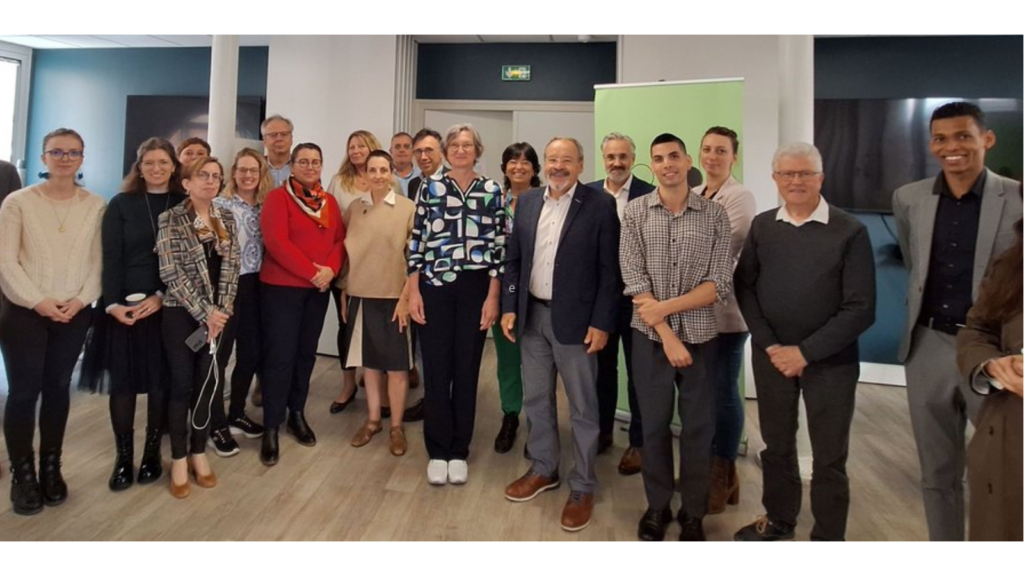In June 2021 the European Child Guarantee (ECG) was approved to address and combat child poverty and exclusion. This report by Eurofound provides knowledge and information about the workforce relevant to ECG and to support Member States in implementing the ECG and reporting on the implementation of national action plans.
The ECG aims to provide access to essential services and support to children (defined as persons under 18 years old) in the following key areas: early childhood education and care (ECEC), education (including school-based activities and at least one healthy meal each school day), healthcare, nutrition, and housing. The workforce in these areas plays a vital role in delivering accessible and high-quality services. Several recommendations from previous studies related to the ECG highlight the significance of workforce investment. For example, in Greece, one of the challenges is the lack of specialised ECEC teachers and personnel, primarily in rural and remote areas and islands. Rural areas also face a shortage of medical personnel in public hospitals, while it is challenging to boost healthcare capacity through policies if funds are limited. In addition, it is emphasised that psychosocial support should be integrated into existing services for vulnerable families, schools, and children, which requires a consistent presence of specialised professionals.
In Lithuania, one of the main policy recommendations made during the preparatory phase of the Guarantee was to strengthen the teaching workforce, support the ECEC workforce, and increase the quality of monitoring activities.
A major concern was the shortage of specialists, mostly because of the low pay in these domains – ECEC teachers and learning support specialists remain among the lowest-paid professionals in the country. National action plans should encompass goals, measures, broader strategies, and a data framework. Hence, the research on the workforce will help Member States when they report on the implementation of the national action plans.
The aim of this report is to provide categories and definitions of workforce related to ECG and to map relevant data sources across EU and can support Member States in reporting on the implementation of their national action plans for the ECG.
Read more here.




